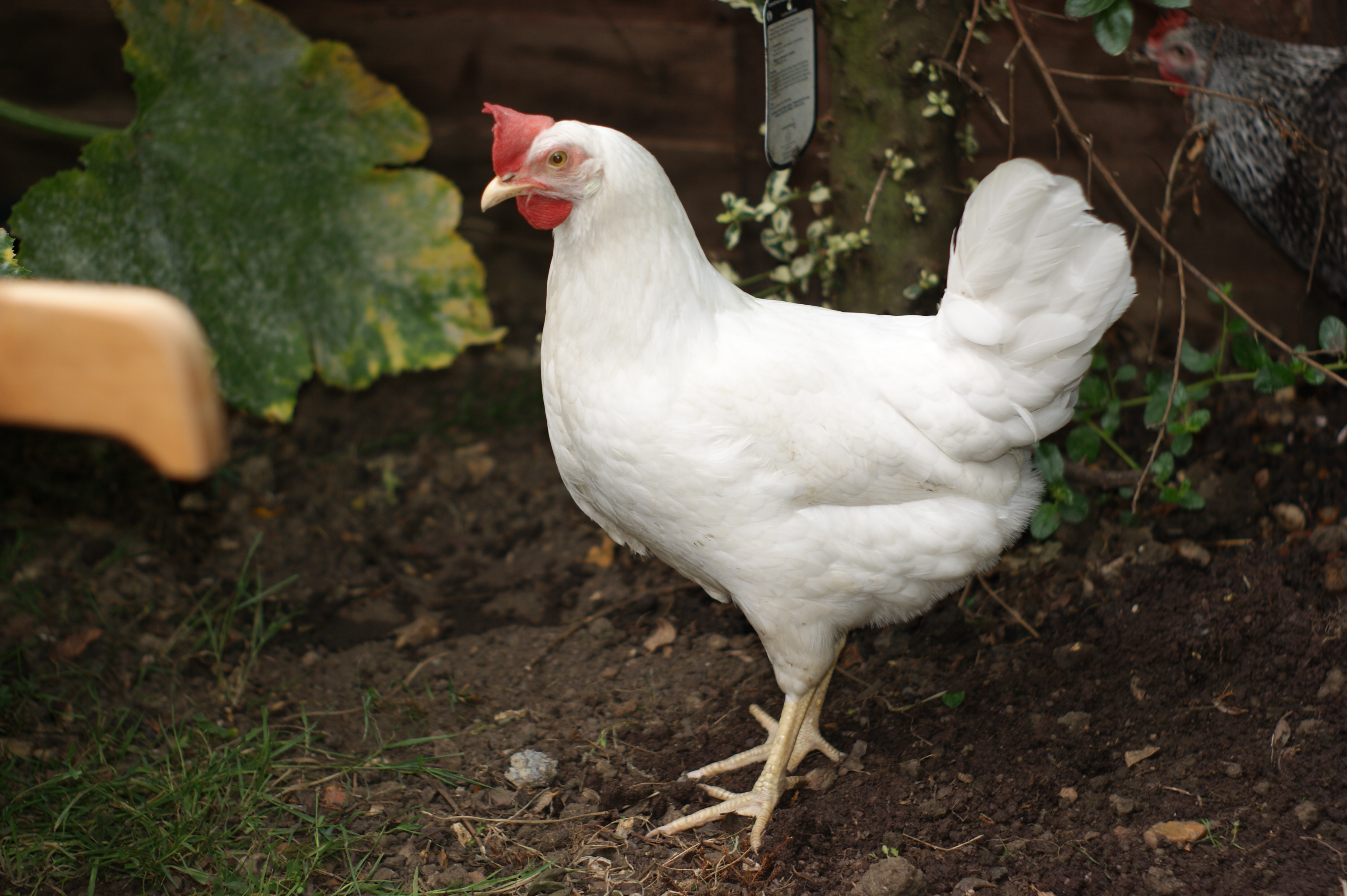That's a misconception promoted by green advocates. Intensive farming in Brazil is not done on the Amazon, it's done on temperate areas and the cerrado, a tropical savanna, which was pretty much a wasteland.
Rainforest is destroyed by illegal loggers and subsistence farmers but that's another deal.
That's the best english article I've read about it:
http://www.vqronline.org/essay/soy-amazon
American journalist goes to Brazil waiting to find a forest being destroyed by subsistence level africans, finds germans building a modern agricultural town over former badlands.
Thanks for this important note. I should have added they use cow shit.






